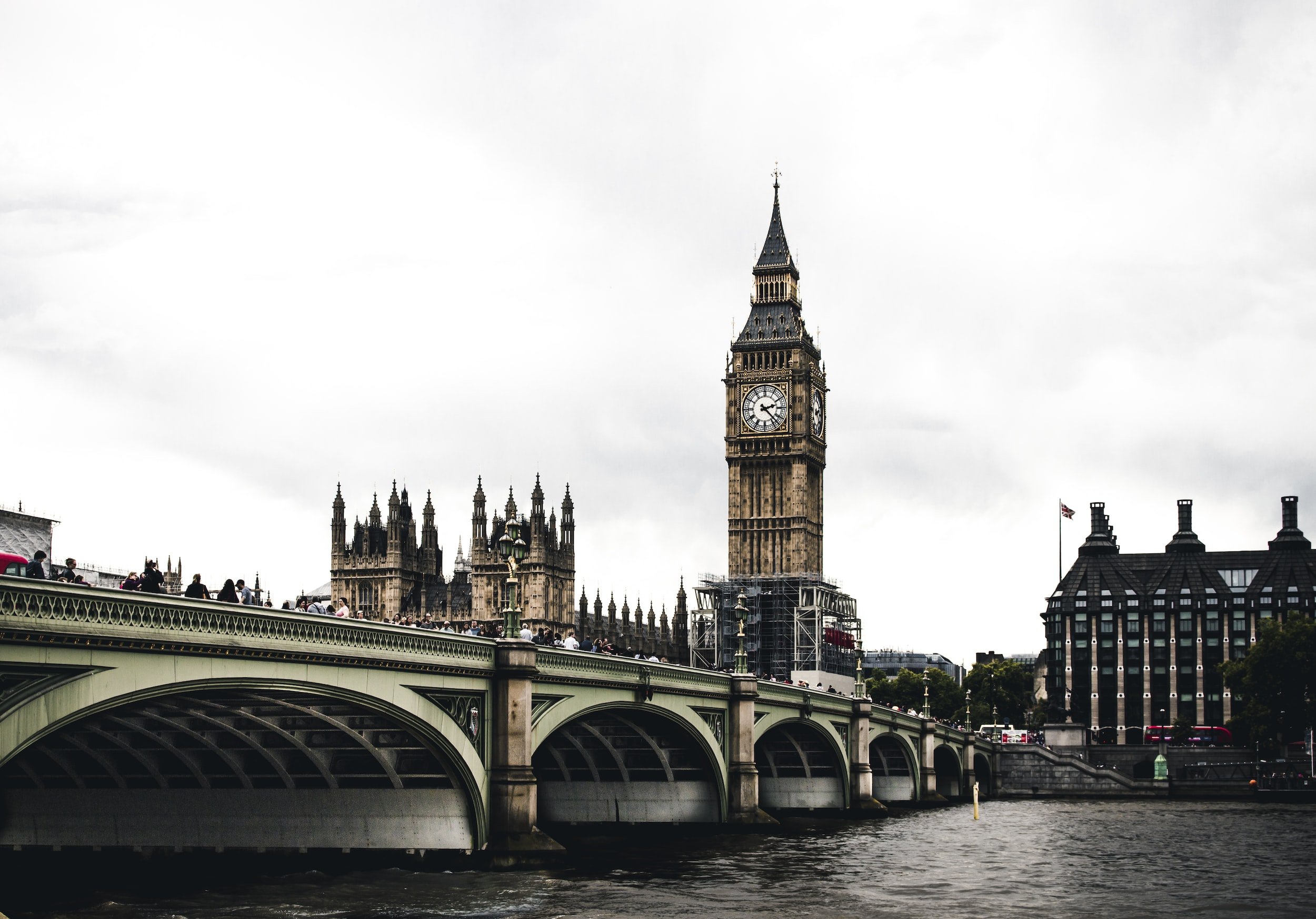Our economic situation - Part two
Why will the Hunt-Sunak budget compound the economic damage?
This is the second of three articles on our current economic situtation, and what we can do about it. The last article will be published tomorrow.
Why will the Hunt-Sunak budget compound the economic damage?
The economic key performance indicator that the government are using is the ratio of debt to GDP. There are two ways to lower this. One is to reduce the size of the budget deficit (by cutting spending and/or increasing tax revenue); the other is to expand the size of the economy (the former is that for which Hunt-Sunak have plumped, the latter I shall advocate for shortly).
One crucial problem with the government approach is the forecasting it is based upon. They are as uncertain as SAGE Covid modelling was. Nobody knows the path of the economy and as forecasted variables accumulate more and more errors over time, predicted outcomes are as reliable as wild guesses. Thus, we don’t know the size of the ‘black hole’ and basing policy on filling a specific amount with cuts and taxes is a fantasy.
The budget presented last week included announcements of spending cuts, and tax rises (particularly in the form of freezing tax thresholds, meaning all working people are paying substantially more). The government are attempting to ‘balance the books’, much like George Osborne attempted (and failed) to do when he was the Chancellor in David Cameron’s government.
Whilst this may be a suitable way of getting a grip on your personal finances, at a national public level it is very likely to ensure we have little, or even negative, economic growth. Fetishised book balancing as a government priority instead of a genuine strategy for economic growth will be counterproductive. The decline in GDP would increase the debt-to-GDP ratio, notwithstanding the efforts made to reduce the deficit. This will lead to a sharper recession than is necessary. In a stagnating economy, the books won’t ever balance, and you’ll spiral your way deeper into economic decline.
This is not to say that government departments reducing spending cannot be a good thing. When it eliminates waste, it is positive. The government loses an awful lot of money they acquire from taxpayers. But there are smart ways to reduce waste, such as feeding any savings back into other programs (which gives a meaningful purpose to cost-reduction efforts and boosts motivation) or expanding the use of data and analytics to make decisions (much like successful sports teams now do as routine). But when it is to satisfy a book-balancing fetish, an obsession that runs through the veins of the likes of Osborne and Hunt, it is negative. If you make every pound you spend contribute towards an economic growth strategy then you can pay a king’s ransom for it- you will reap the benefits.
There is an urgent need for a serious economic growth strategy. Unsustainable pressure on vital public services and rocketing prices to food and energy which hurt the poorest the most, demand economic growth (another reason I hasten to add that we ought not to listen to the anti-growth climate activists who propose a series of ludicrous measures that will grind the economy to a halt).
The next article will explain what policies we could implement for future prosperity.

